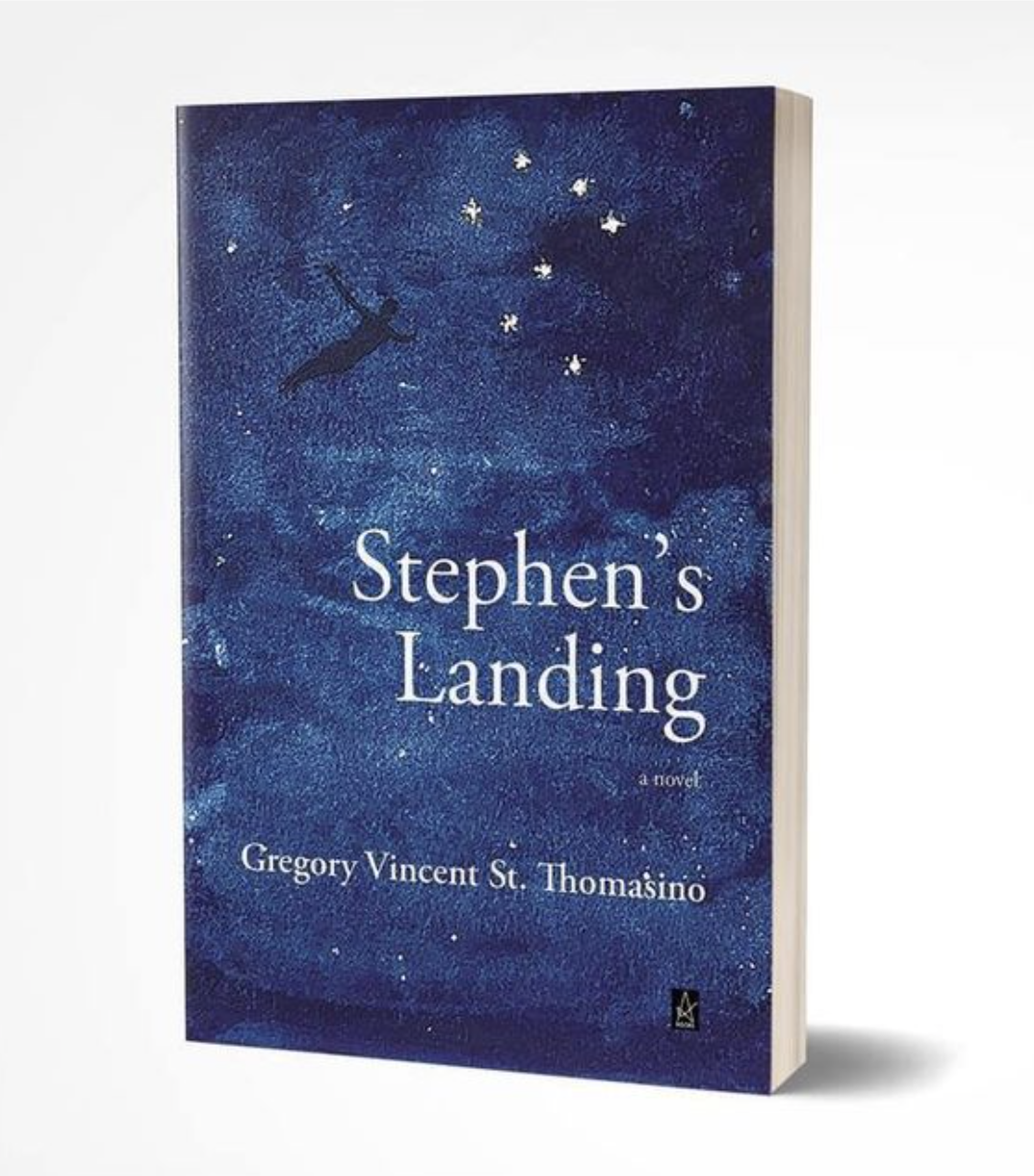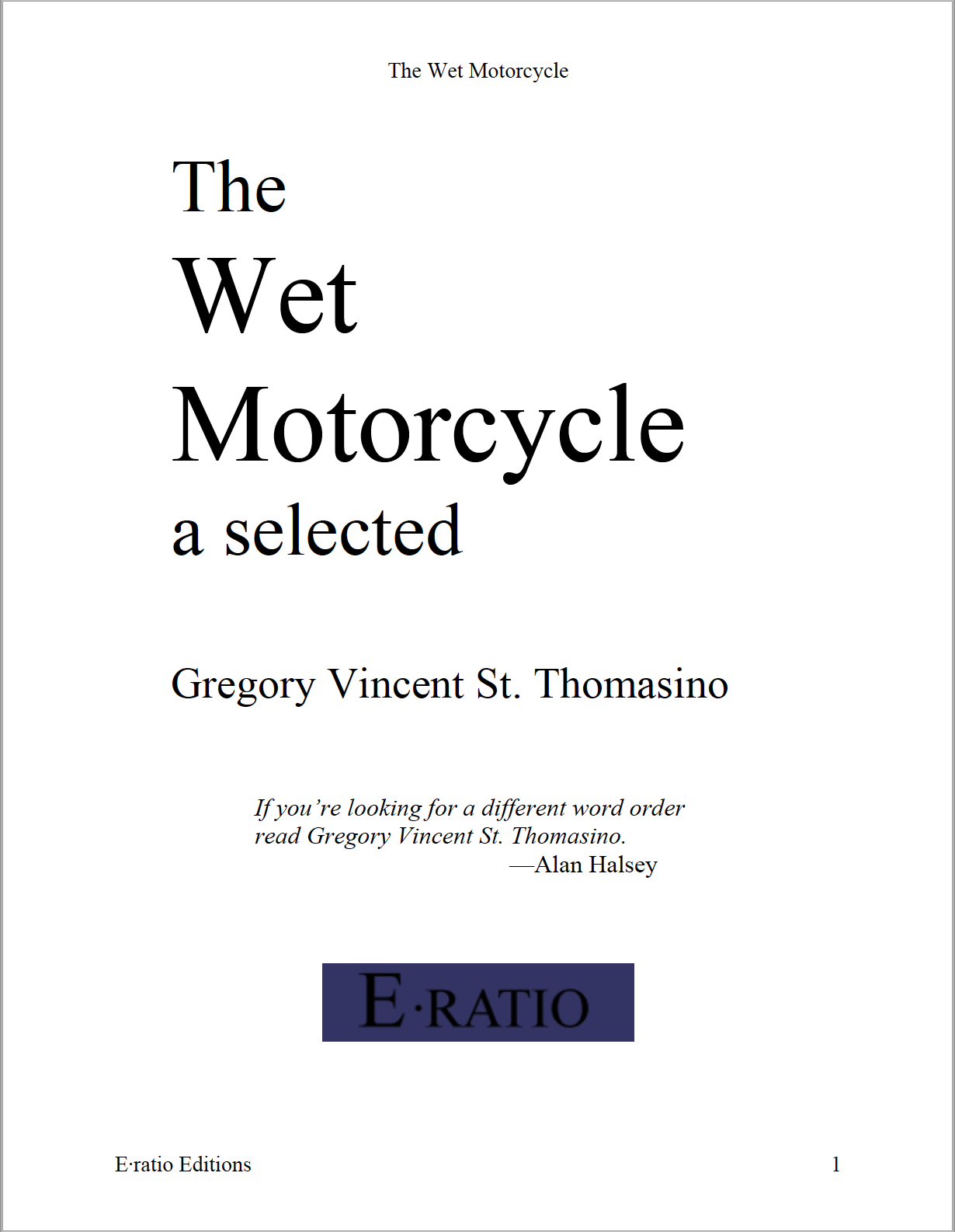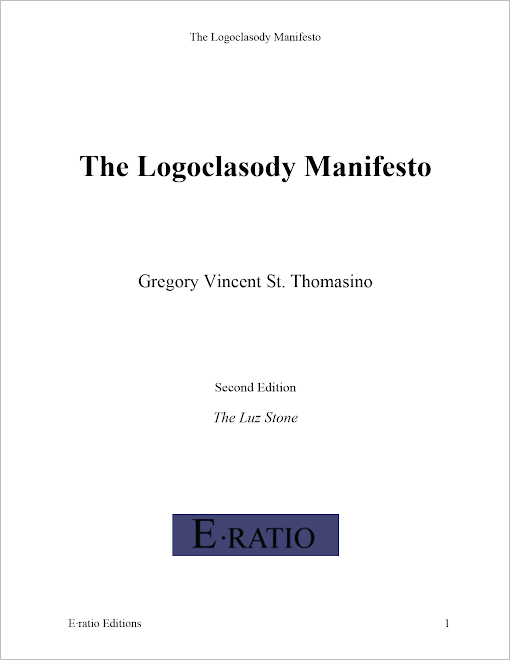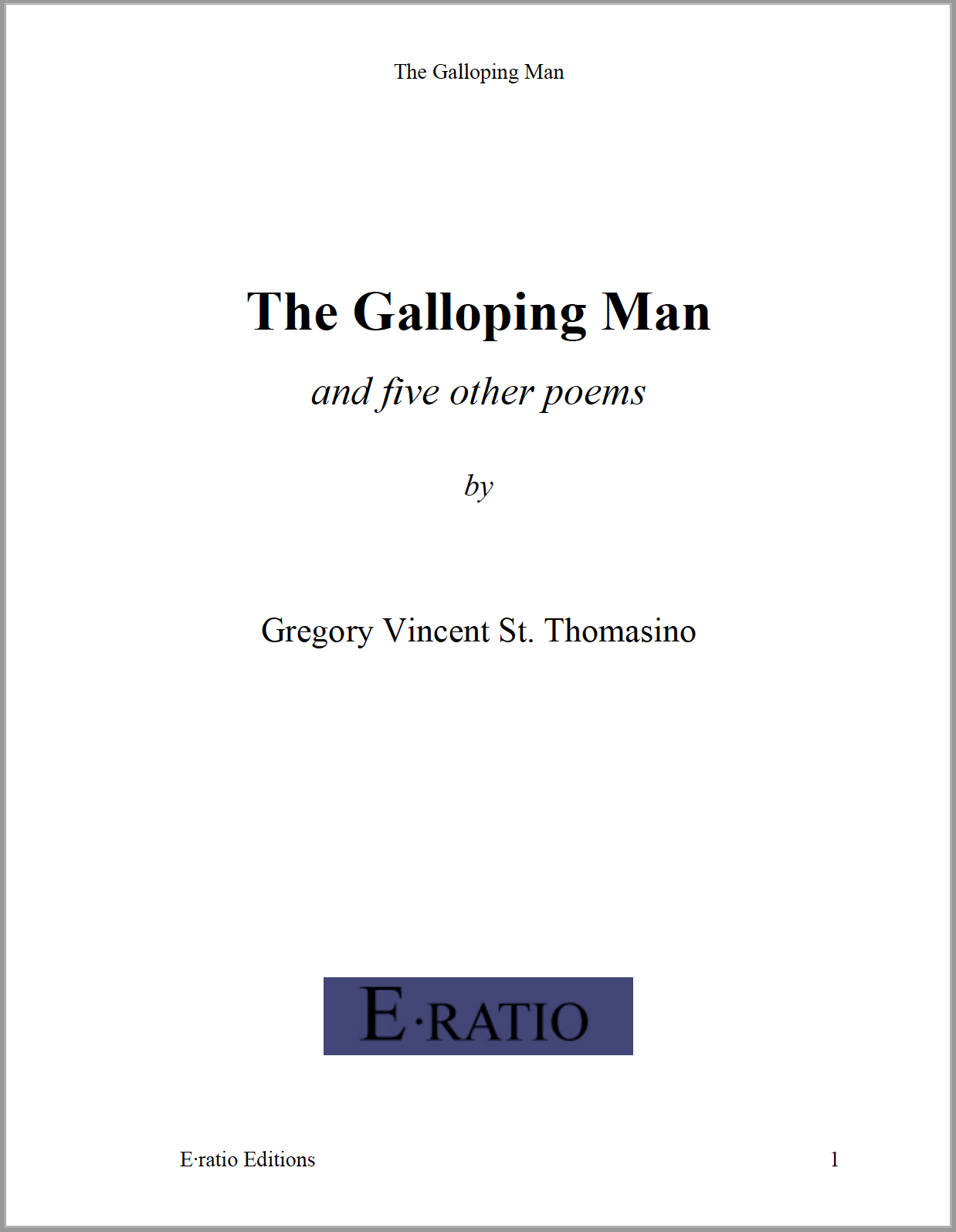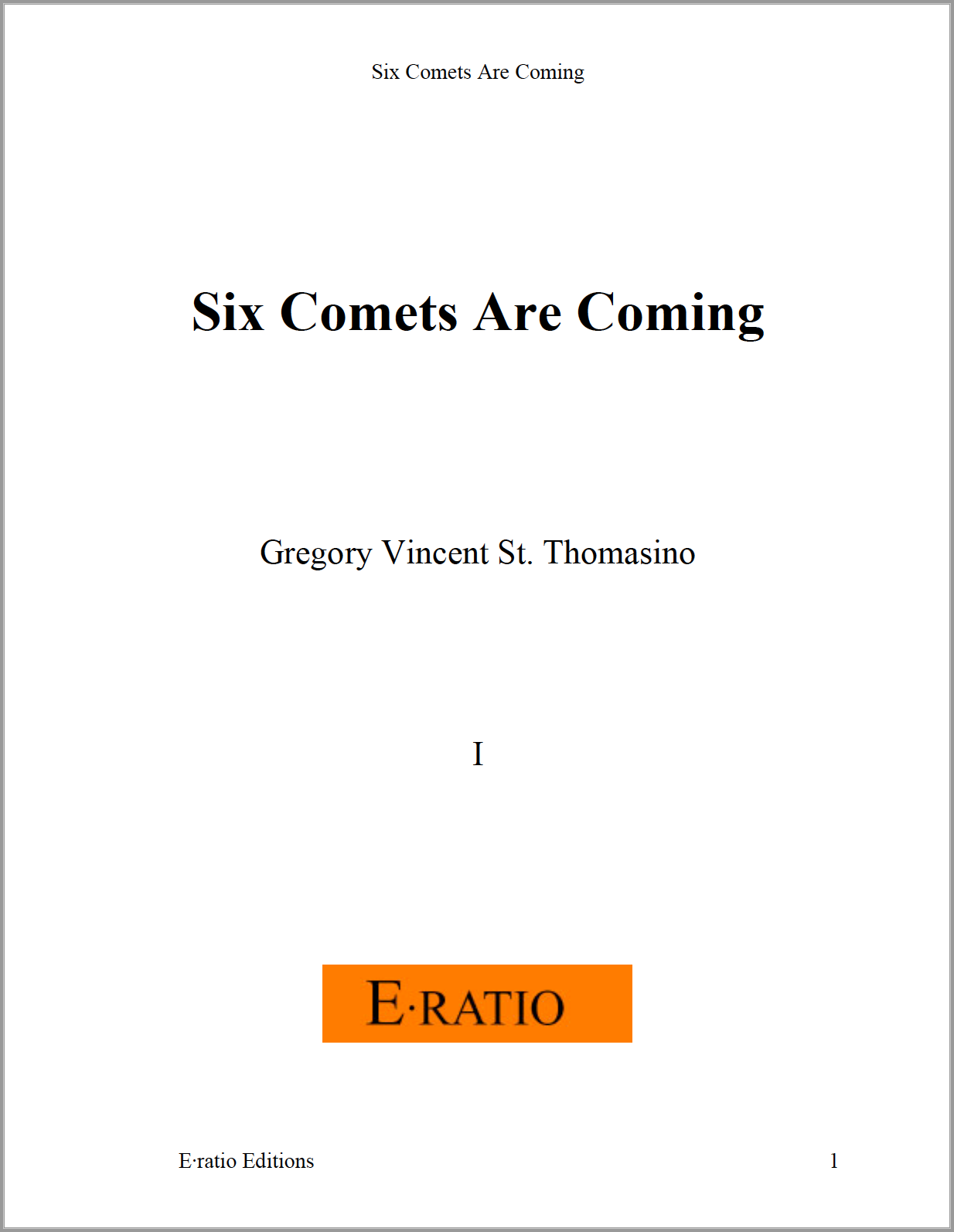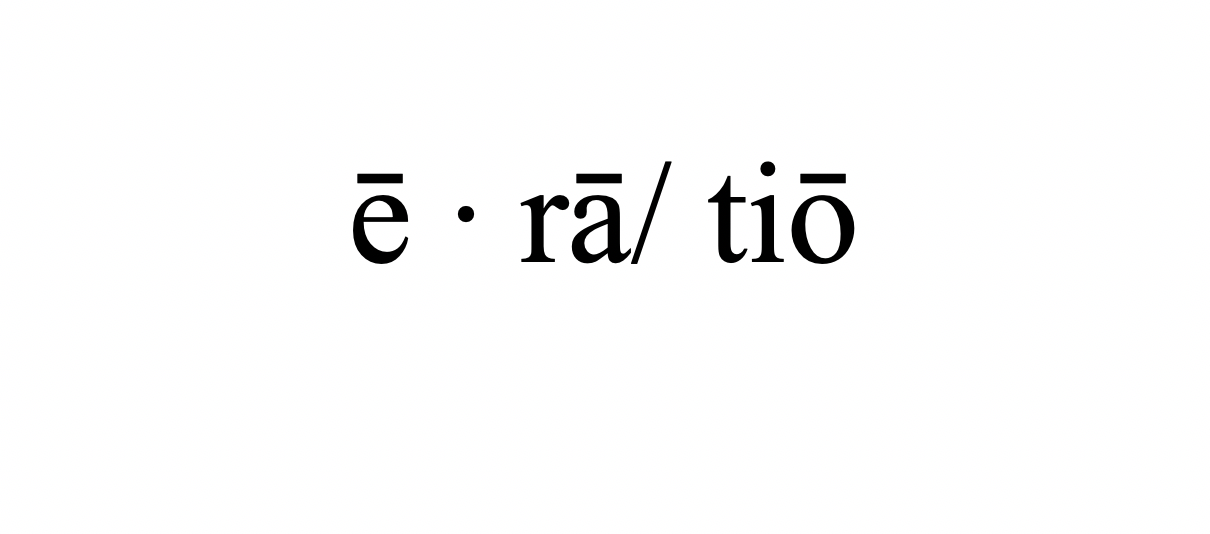Tuesday, January 18, 2011
Edward Gorey’s covers for You Can’t Go Home Again and The Web and the Rock by Thomas Wolfe.
She was always using the word “fancy,” and it was evident that about the worst comment she could make on anyone was to call him “fancy.” Yet, remembering now things she had said to him on the ship, and always with this same straight, open, and utterly convincing look of sincerity—that she thought a play by James Joyce, Exiles, was “the greatest play that had ever been written,” and knowing that this play was nothing but a fancy and obscure little play, and not in any way to be compared with Ulysses; and having heard her talk of D. H. Lawrence almost in the manner of a cult-adept, as if Lawrence had not only given men fine books and moving characters but was himself a second Jesus Christ offering us the way to life and everlasting truth; and having heard her say that she had been “psychoanalyzed,” and speak of psychoanalysis as the greatest truth that men had ever discovered, and the sudden means of healing all the fury, unrest, and madness that had afflicted the souls of men for twenty thousand years—having heard all this, together with her comments on African sculptures, primitive paintings, Charlie Chaplin as a supremely great tragic artist, the modern dance, and all the other identifying paraphernalia with which the lives of sophisticated people were tricked out, and which, beneath its show of liberalness and alertness to new forms of art and life, was really itself nothing but a sterile, monotonous, and lifeless form of dutiful consent for people who had no power to make a new life for themselves, and whose greatest impulse was to keep in the swim—having already seen and observed in her all these disquieting signs of a familiar cult, he now wondered, in the distress and perplexity of his spirit, whether she was really an immensely competent “fancy” person pretending to be simple, or the simple, direct, and honest person that she seemed to be, who hated what was “fancy.”
— Thomas Wolfe, The Web and the Rock, p.373.
e·
Wednesday, January 12, 2011
Edward Gorey’s cover for An Elizabethan Song Book, edited by Noah Greenberg, W.H. Auden and Chester Kallman. Notice Gorey’s initials, to the right of the sheet music.
Fire, fire, fire, fire,
There is no hell to my desire:
See all the Rivers backward flye,
And th’Ocean doth his waves deny,
For feare my heate should drink them dry.
Come heav’nly showres then pouring downe;
Come you that once the world did drowne:
Some then you spar’d, but now save all,
That else must burne, and with mee fall.
— Thomas Campian
e·
Tuesday, January 11, 2011
“Symbols are only the vehicles of communication; they must not be mistaken for the final term, the tenor, of their reference. No matter how attractive or impressive they may seem, they remain but convenient means, accommodated to the understanding. . . . Mistaking a vehicle for its tenor may lead to the spilling not only of valueless ink, but of valuable blood.”
— Joseph Campbell, The Hero with a Thousand Faces, p. 236.
e·
— Joseph Campbell, The Hero with a Thousand Faces, p. 236.
e·
Monday, January 03, 2011
a noun sing e·ratio 14 · 2011
with poetry and such by
Alan Halsey, Carey Scott Wilkerson, Keith Higginbotham, Simon Dutton, Anne Blonstein, Mark DuCharme, J. Crouse, Paul Siegell, Joseph F. Keppler, Richard Kostelanetz, David Rushmer, Stephen Emmerson, Dylan Harris, Joel Chace, Marcia Arrieta, Kat Dixon, Iris Orpi, Jasmine Dreame Wagner, Amanda Laughtland, Ben Nardolilli, Teresa K. Miller, A.J. Huffman, J. Michael Wahlgren, Emily Jern-Miller, Philip Byron Oakes, Stephen Nelson, Travis Macdonald, Travis Cebula, Francis Raven, Dawn Pendergast, Eric Hoffman, Mark Young, José Luis Gutiérrez, Ric Carfagna, Hugh Tribbey and Márton Koppány
and featuring Paul de Man and the Cornell Demaniacs, an e·ratio editions e·chap essay in recollection by Jack Foley
edited for real by Gregory Vincent St. Thomasino
e·
Subscribe to:
Posts (Atom)





